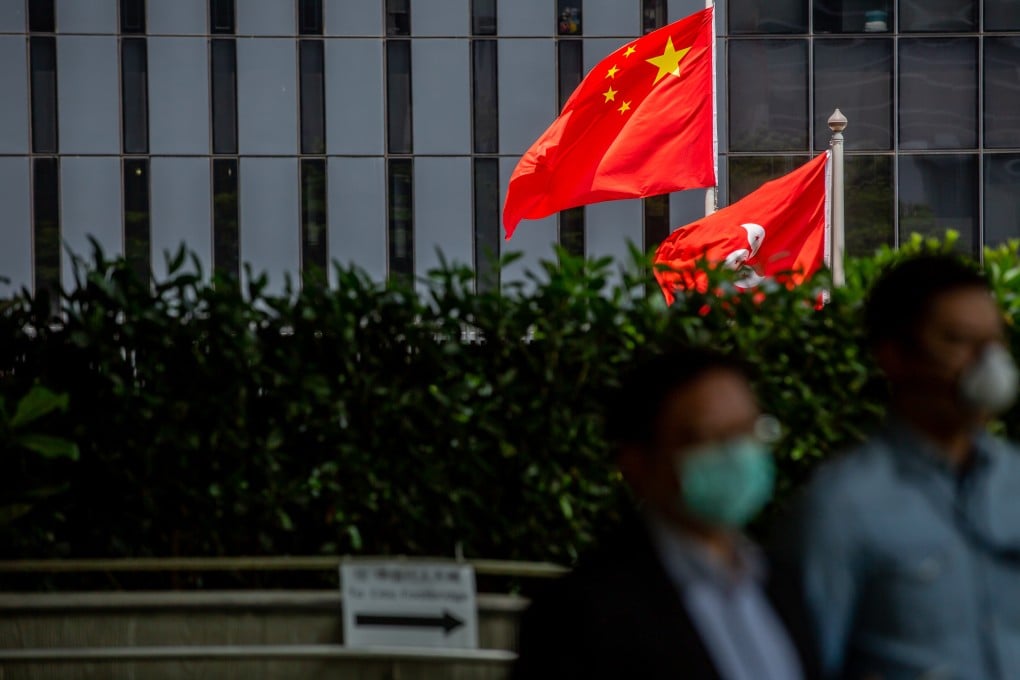Advertisement
Letters | To change Hong Kong’s DNA, first recognise that it exists
- Mere rhetoric and repressive actions will not help the central government achieve its purpose
- Any changes to the city’s DNA must be voluntary
Reading Time:1 minute
Why you can trust SCMP

Let’s look at the facts. Hong Kong showed during last year’s district council elections that belief in “one country, two systems” was declining, when pro-democracy candidates won a landslide victory.
The central government’s representatives in Hong Kong at the time totally misread public sentiment, resulting in a shake-up.
Do not forget that our own government totally failed to represent us and let Beijing take the lead. We now have three mainland agencies operating in Hong Kong.
Advertisement
In less than a year, we have got the national security law and an overhaul of the electoral system; we had the national anthem law earlier and and pretty soon we can expect an overhaul of our educational system.
Hong Kong’s DNA is being totally denied, most of all because our so-called representatives in the National People’s Congress and other Beijing bodies are not representing us.
Advertisement
Advertisement
Select Voice
Choose your listening speed
Get through articles 2x faster
1.25x
250 WPM
Slow
Average
Fast
1.25x
